
17 foods for glowing skin Food for glowing skin, Foods for healthy
Grapeseed oil is rich in antioxidants like vitamin E, as well as polyphenols. Antioxidants protect against free radical damage and help to prevent certain types of cancer. Grapeseed oil has more vitamin E than soybean or olive oil. Antioxidants can strengthen our immune system and decrease LDL (bad) cholesterol levels.

Is Vegetable Oil Bad for You? La Tourangelle
Castor oil is often used to treat constipation. However, research has shown that it can serve as a natural treatment for the face and skin. This article explains the various uses and potential.
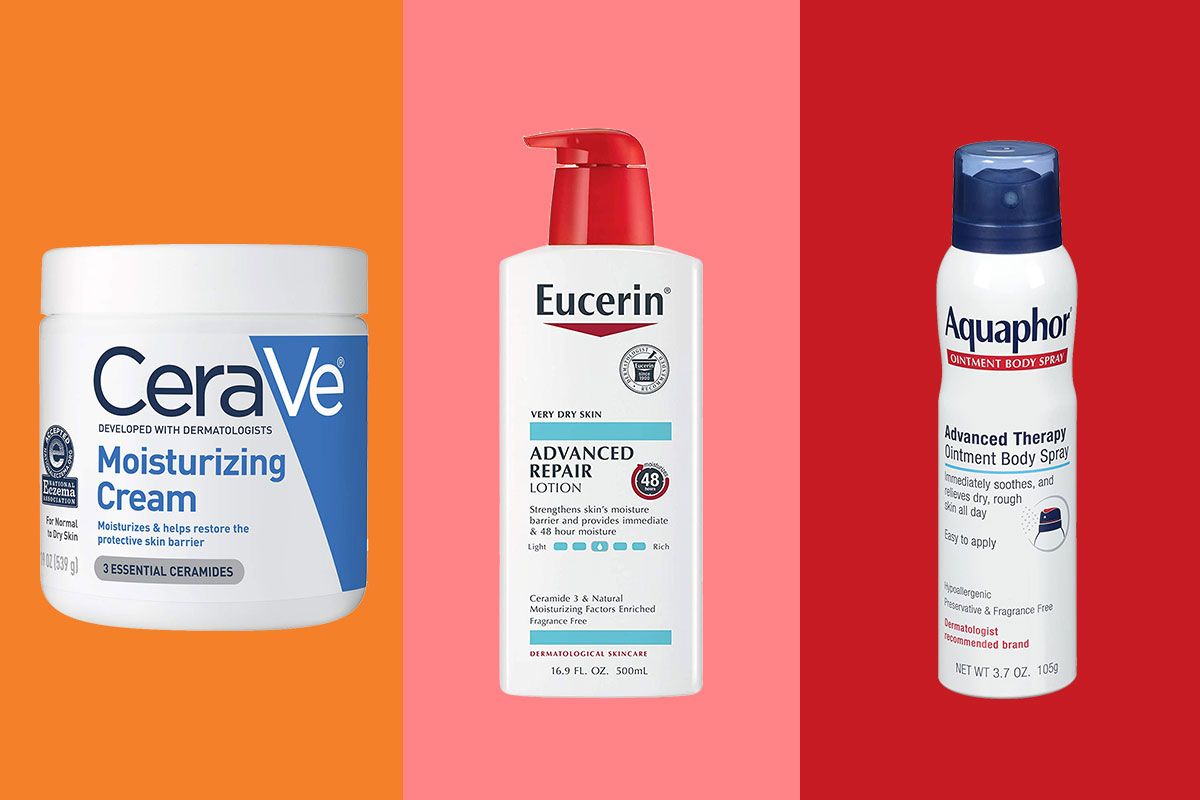
11 Best Lotions For Your Skin atelieryuwa.ciao.jp
Moisturizing: This is the biggest and most well-verified benefit that hemp seed oil can deliver. Hemp oil is emollient and leaves the skin feeling soft and supple.; Antioxidant qualities: Hemp seed oil is high in antioxidant constituents: fatty acids like gamma-linolenic acid (GLA), and vitamins A, C, and E. Antioxidant skincare products may help give your skin some protection against.

Is Semen Good For Your Skin? Stout Onsing
Myth 3: Seed oils are toxic. This myth leaves out a lot of context. "The concern arises when oils are used past their expiration date or if they're improperly stored, leading to rancidity.

Are fragrance oils bad for your skin? YouTube
Corn oil. Sunflower oil. Safflower oil. Soy oil. Grapeseed oil. Rice bran oil. Cottonseed oil. Experts say scientific evidence doesn't support these claims, so we've unpacked the good and the.
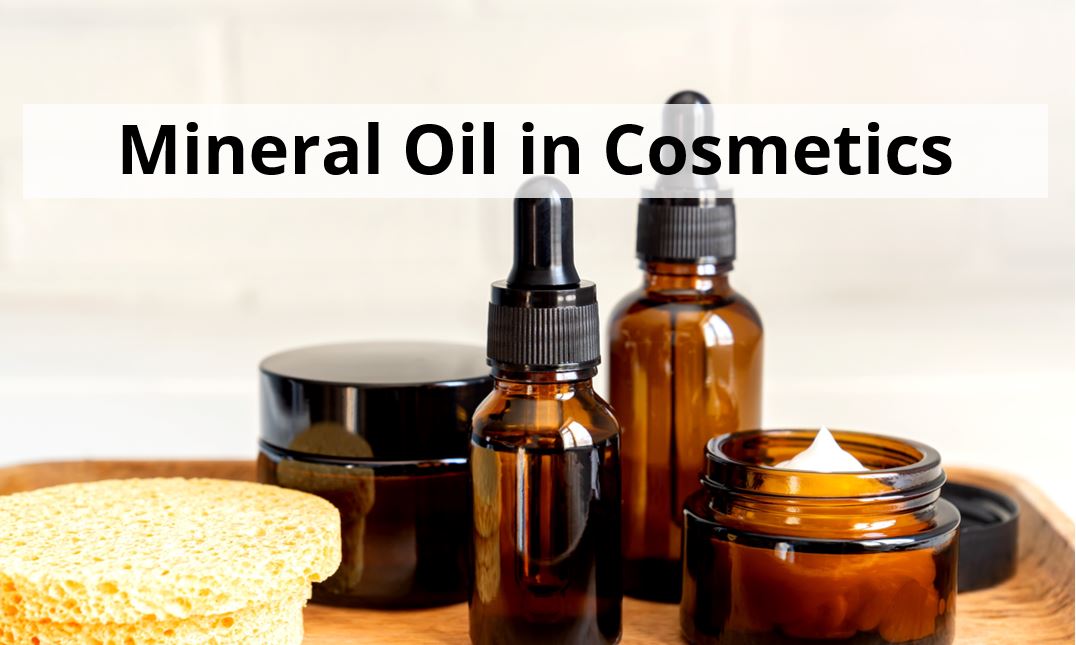
Is mineral oil bad for your skin? Skincare Advisor
Seed oils include canola (or rapeseed in the United Kingdom), soybean, sunflower, cottonseed, corn, grapeseed, rice bran, and safflower. In fact, most vegetable oils are seed oils. You may have read that these products are big trouble and that they're linked to an increased risk of heart disease, weight gain, or other diseases.

Seed Oils Bad For You Seed Oils Know Your Meme
They are typically higher in unsaturated fatty acids, which according to recent studies, may lead to poor health outcomes . Most seed oils are derived from the seeds of crops. In Australia, we commonly see seed oils in our food and skincare. Here are some seed oil examples: Corn.
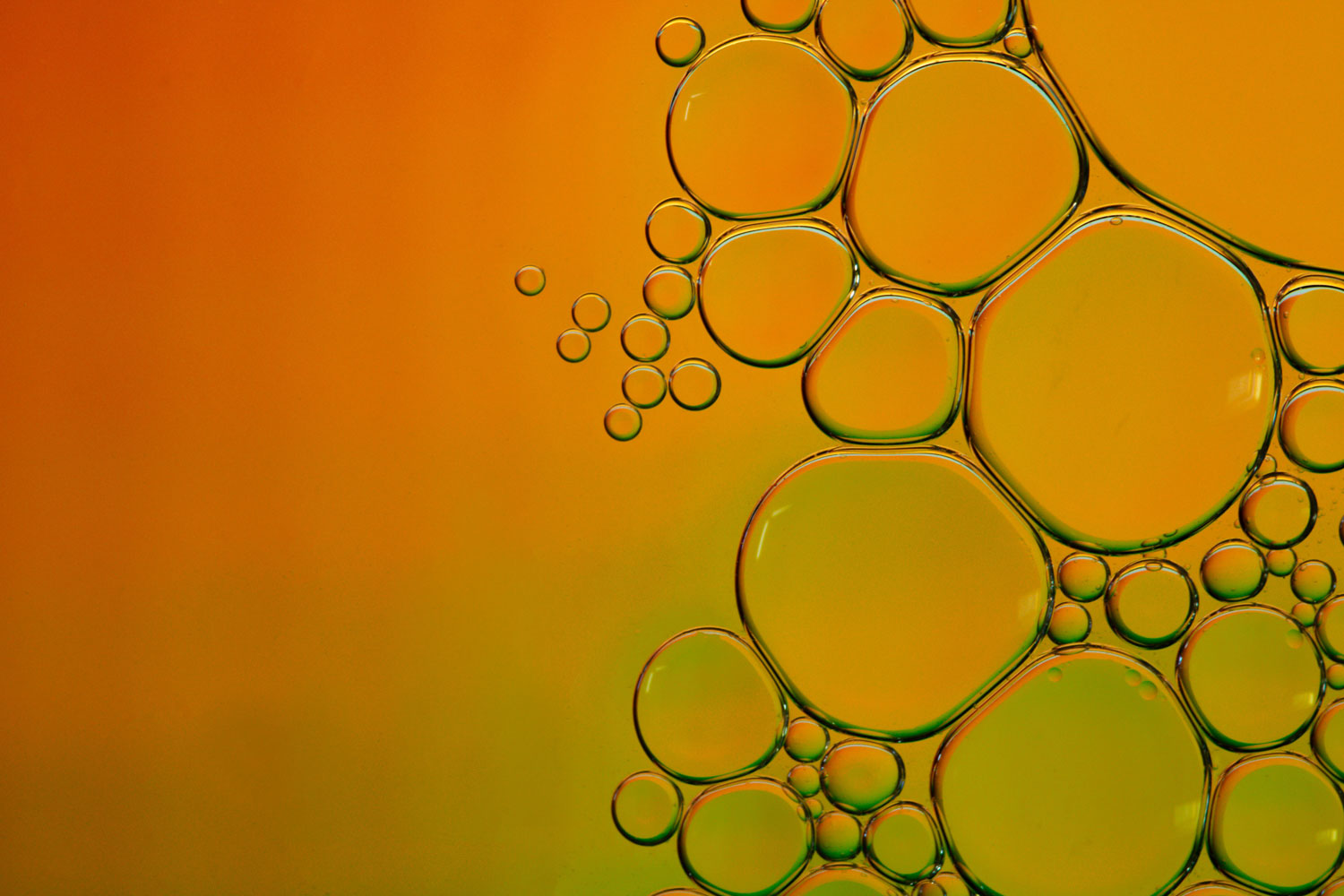
Why you should never pour oils or grease down our drain Drain Wizard
Olive oil is not considered to be a seed oil. It is considered a vegetable oil because it is made by pressing whole olives. And while some versions of olive oils may not remove seeds before pressing, it is still a higher ratio of olive to pit in the finished product. Seed oils are refined oils that come from only the seed portion of a plant.

5 Natural Oilfree Ways to Moisturize Oily Skin BeauCrest
Summary. Natural oils like coconut oil, tea tree oil, jojoba oil, and shea butter may have properties that are good for your skin. Some can work as antioxidants or anti-inflammatory agents to promote healing of damaged skin, moisturize, reduce scarring, or treat skin conditions like acne. Some natural oils can be irritating, while others may.

What to do about dry skin? What about ageing skin signs? What about
Seed oils contain the two polyunsaturated fatty acids that are essential nutrients, without which your skin would become thickened and scaly with rashes and, eventually, you would die. They are linoleic acid—an omega-6 fat that has been unjustly maligned—and the much-loved omega-3 fat, alpha-linolenic acid.

How to pick the right sunscreen for your skin typeTelangana Today
Consuming seed oils high in omega-6 fats may contribute to inflammation and chronic disease, including inflammatory skin problems [ * ]. Avoiding seed oils like soybean, sunflower, corn, peanut, safflower, cottonseed, and canola oil is an easy way to reduce your omega-6 intake and decrease skin inflammation.

Why Diet Soda Is Bad for Your Gut Medisential
Chia Seed Oil: High in omega-3 fatty acids and antioxidants, chia seed oil is beneficial for skin hydration and protection against environmental stressors. Sesame Seed Oil: Rich in antioxidants and healthy fats, sesame seed oil is known for its soothing properties. Olive Oil: High in monounsaturated fats and antioxidants like vitamin E. (This.
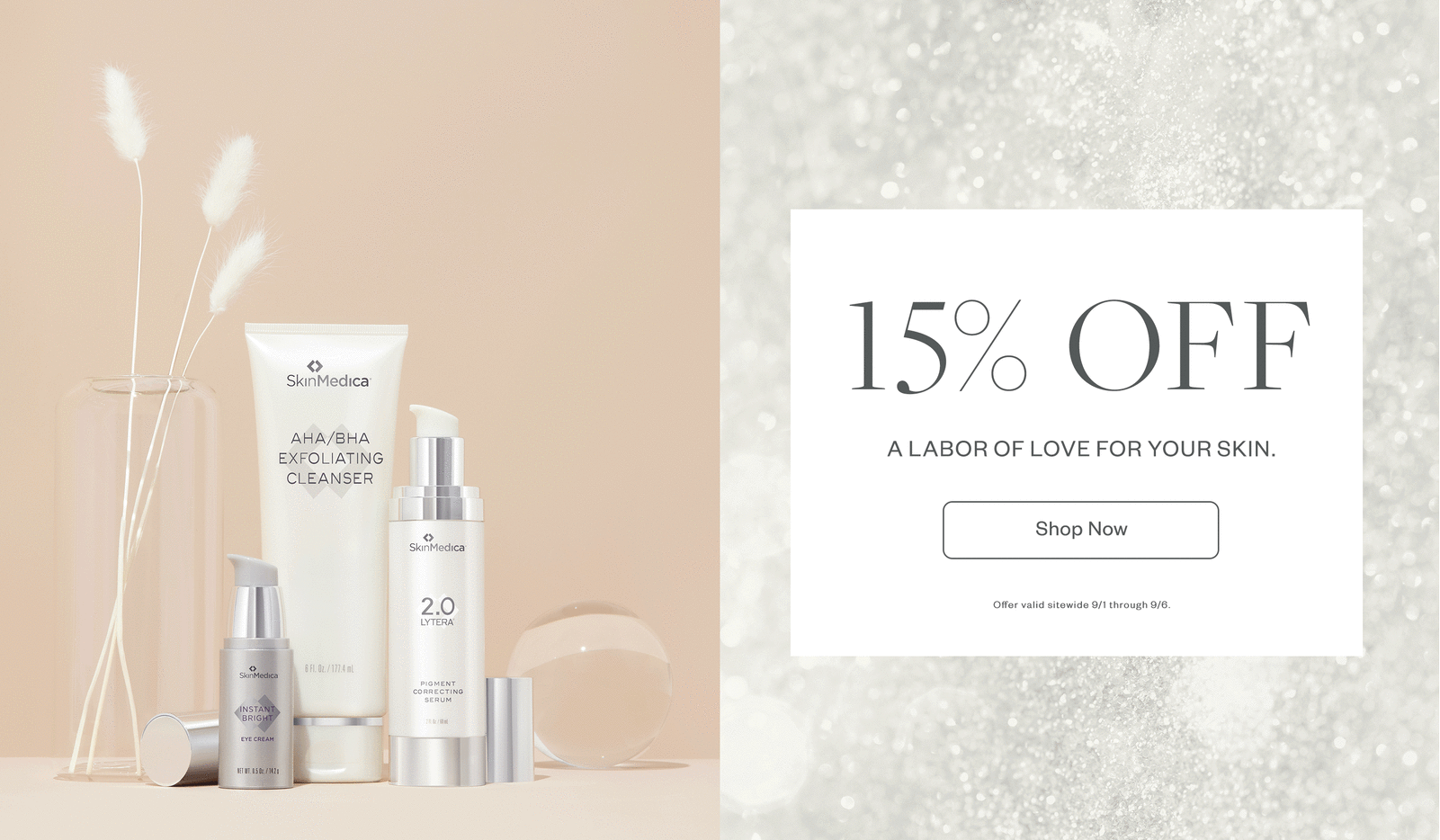
SkinMedica® Age Defying Skin Care Products Rooted in Science that
June 22, 2022—While the internet may be full of posts stating that seed oils such as canola and soy are "toxic," scientific evidence does not support these claims, according to experts. Guy Crosby, adjunct associate of nutrition at Harvard T.H. Chan School of Public Health, was among those quoted in a May 31, 2022 Consumer Reports article.
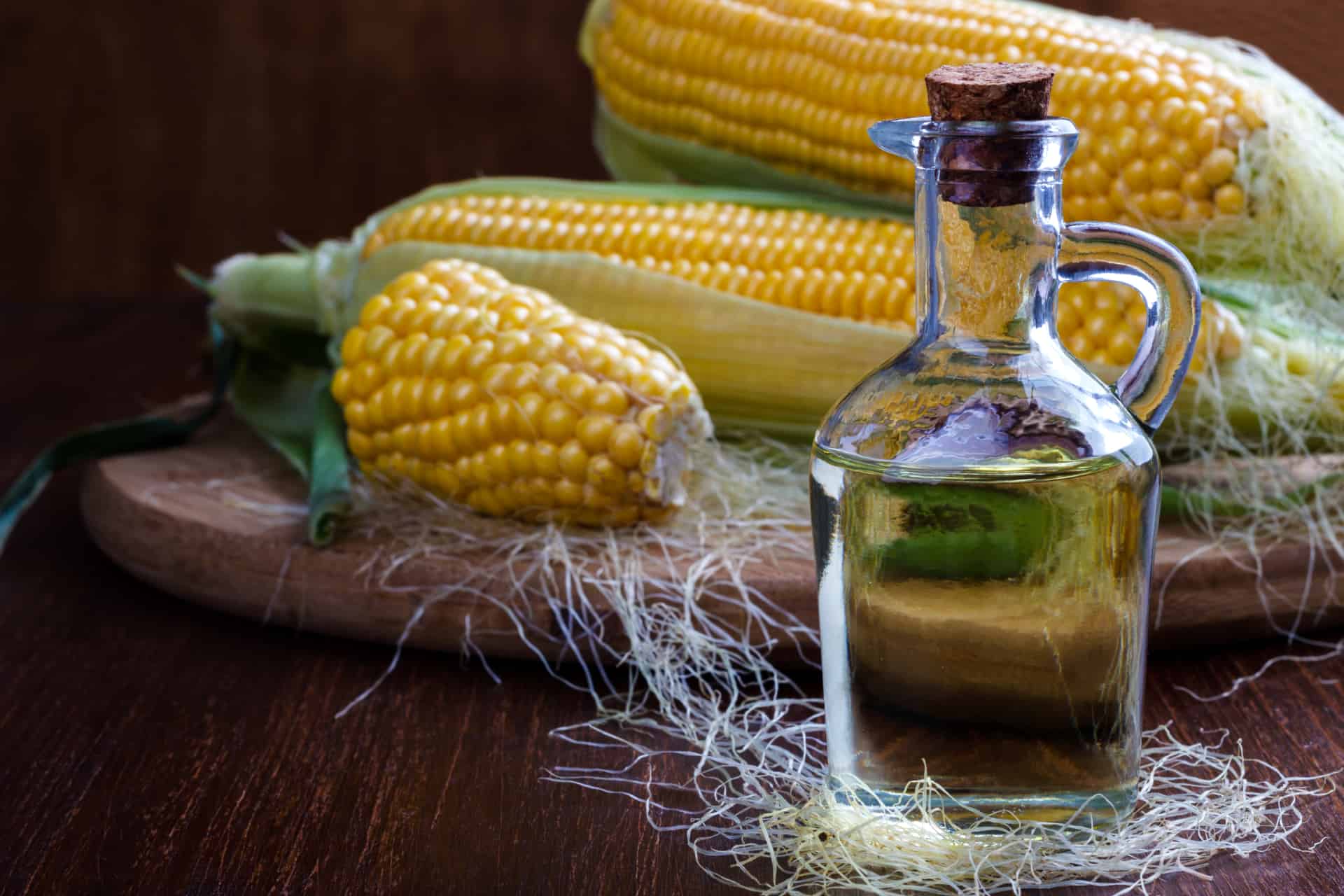
Are Seed Oils Bad for You? Fox Hill Kitchens
Cottonseed oil contains high amounts of vitamin E, which is an antioxidant with many proven benefits for the skin, including faster wound healing. Vitamin E has also been shown to have a positive.

How to Choose the Best Vitamin C Serum For Your Skin The Beauty Room
It's important to note that not all plant oils are bad for your health. For example, avocado oil and olive oil are both excellent choices.. Consider limiting plant oils high in omega-6 as well.
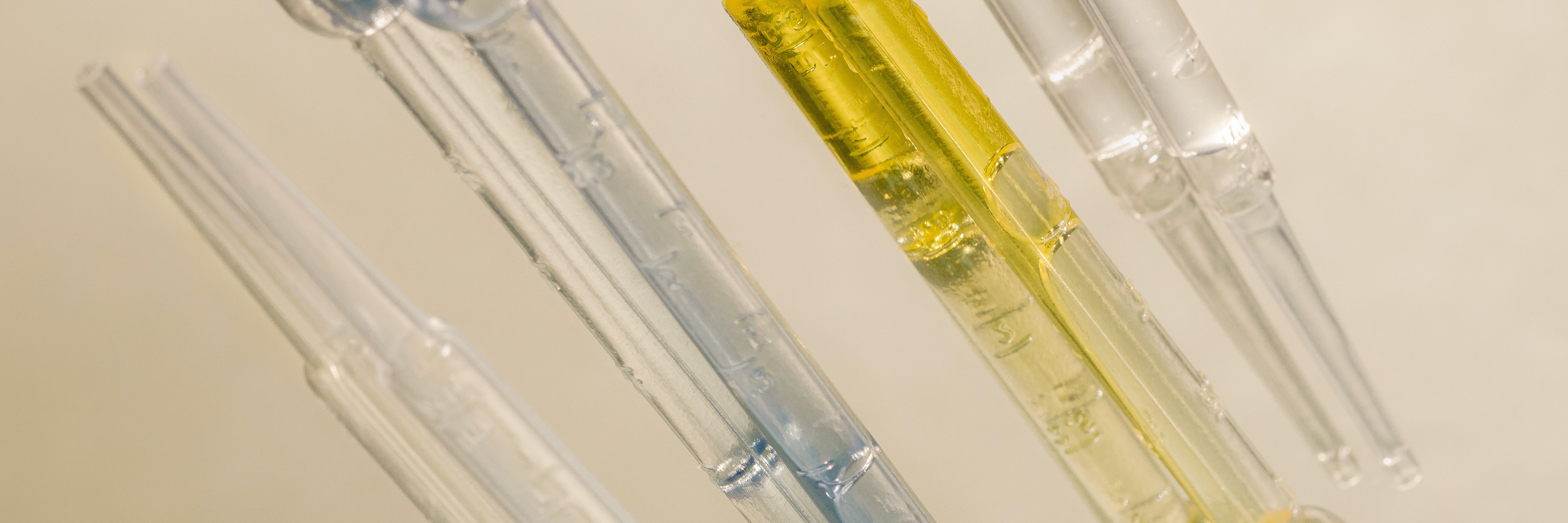
Are Seed Oils Bad for Your Skin? The Science of Saturated Fats TUTTOFARE
Seed oils are high in omega-6 fatty acids, a type of polyunsaturated fat that isn't necessarily bad for you. In fact, your body needs a little bit of them! In small amounts, they're good for.